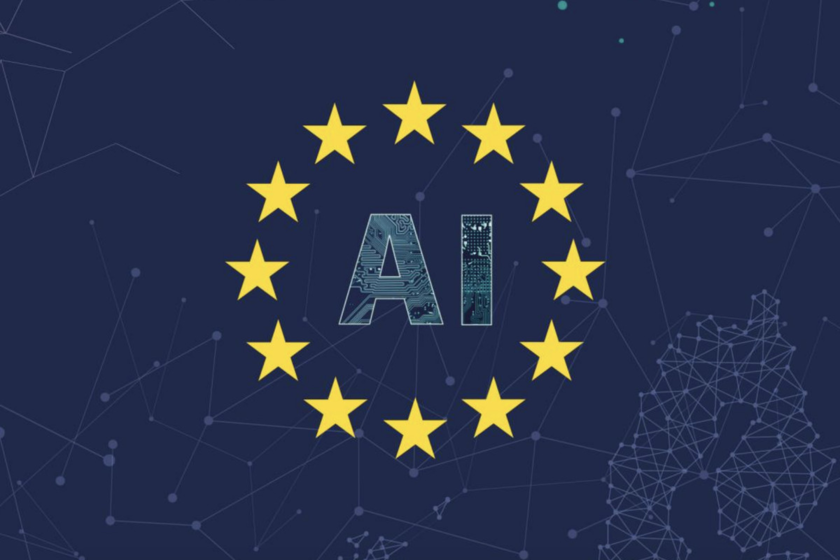
Even during these times of the COVID-19 pandemic, Artificial intelligence (AI) remains one of the main features of most European countries’ strategies. There is little doubt about the benefits and potential of AI technology. There are growing concerns about how to effectively address the risks associated with the usage of AI systems.
Such concerns include mainly revolve around data privacy risks and bias. In essence, AI may easily be used to de-anonymize individuals’ data as well as potential breaches of other fundamental rights, including freedom of expression, non-discrimination, human dignity,… The European Commission recently published a White Paper on Artificial Intelligence, which describes the fundamental principles and guidelines for Trustworthy AI in Europe.
The EU Commission wants to use a risk-based approach in addition to some improvements to the liability regime. The Commission aimed at making the regulatory intervention proportional to target mainly “high-risk” AI applications. By example, the Commission will request that AI models should be built and operate using sufficiently broad data sets to cover the full spectrum of scenarios needed to avoid unnecessary risks. Bias in models being one of the primary concern. Interestingly, the EU commission will request that companies retain all the elements used to build the AI systems, including the data sets used to train and test it. The EU Commission didn’t describe yet what mechanisms will be put in place for companies to satisfy those requirements. But we can imagine that it might require them to register database and trade secret at the EPO to satisfy their legal obligation. Some other mechanism might also be required, such as data retention scheme.
The Commission further highlighted that, to make future regulations effective, there should be a level playing field. These requirements should be applied to all those that provide AI products or services in the EU, thus including non-EU companies.
Now on the viability and applicability of such regulation, only time will tell. I understand that the EU commission is trying to deliver a balanced solution. Still, technology might be moving way too fast for the Commission capability to steer and regulate AI in time.
April 21, 2020